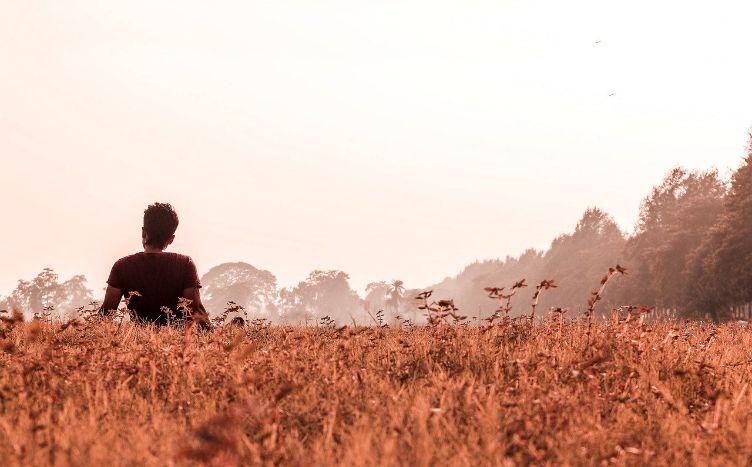I have a friend in his seventies now and I would never had guessed he was an introvert until he told me he was. He told me that he has most of the qualities of an introvert but had to put on the mask of an extrovert to survive in the world. To me he displayed many traits of an extrovert – flamboyant in his speech, socially expressive, a great public speaker and great at teamwork and leading people forward. And I thought he liked and thrived on the attention. Others I have met have carried themselves primarily as extroverts with some introvert traits.
I recognise now how I have carried myself when in the company of others as an extrovert also, often uncomfortably, to fit in. It seems that this world was built on extroverts thriving and on introverts being misunderstood as insecure, shy or as anti-social individuals. Admittedly I matched some of these misunderstandings, but I now realise that my own insecurity came from trying to be someone I was not; trying to belong by expressing myself more than I wanted to, by not allowing silence when I had nothing to say. I allowed a louder more talkative voice to fill in the silent spaces, instead of allowing the ease of introversion in communication with others.
How Do We ‘Be Introvert’ In A World Made For Extroverts?
This is something I am just beginning to understand. Most of my life I have been trying to put other people at ease when socialising by speaking when I did not feel like doing so. Reflecting my own desire for ease.
It is helpful to be reminded of the great introverts in this world and how so many things we now have would not be here without introverts. Many scientists are introverts, also artists and writers, anyone pursuing more thoughtful, more intuitive exploration.
Begin to re-awaken your introvert nature by:
- Allowing silence in conversations.
- Slowing down and observing your world around you and observing people’s interactions, and sensing what is beneath the surface of people. In essence becoming more responsive and coming back to your more inwardly intuitive nature.
- Telling people that you are busy taking ‘me time’ more often and letting them adjust to your new nature (new to them) and not accepting every social invite, even if you have nothing else to do.
- Asking what is it that you need in the moment, when interacting with others, then listening to this and acting on it.
- Going back to nature and spending more time outdoors and alone.
- Journaling your thoughts and feelings.
Is There A Resurgence Of The Introvert Taking Place?
Writing about being an introvert has had me researching about introversion further and I’ve noticed a growing trend, a growing tribe of introverts coming out. No longer hiding. From hashtags on Twitter (#introvert) to groups, and a larger number of books coming out by different authors (Quiet by Susan Cain, Introvert Power: Why Your Inner Life is Your Hidden Strength by Laurie Helgoe ). I feel a quiet introvert revolution has started. I’m glad that people are starting to see introverts not as anti-social and shy or lacking in confidence, but that we have qualities necessary for the balance of the planet. We also have ways of communicating that encourage presence and a more mindful approach to living.
I sometimes wonder, did introverts get labelled as shy and insecure because most introverts spent a lifetime trying to be extroverts which did not work? Do we experience the lack of confidence because we wore an extrovert mask for too long?
All these questions can only help introverts recognise that their own true nature makes them of value and that this world needs all of us.

